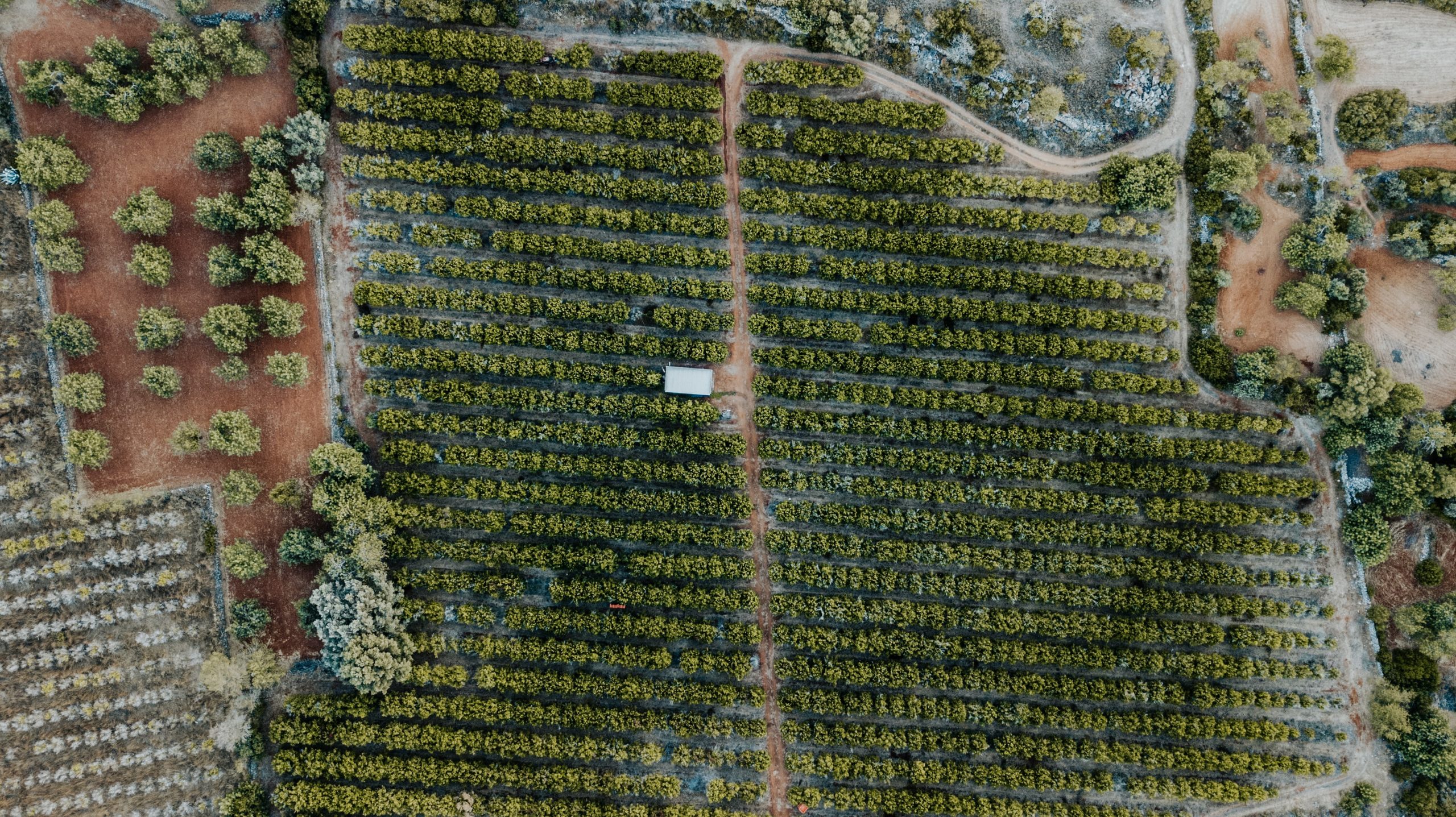In the summer of 1996, labor leaders Dolores Huerta, César Chávez, and Larry Itliong combined their individual worker’s rights organizations to create the United Farm Workers Union. This overarching organization used it’s greater power and reach to fight for reduced pesticide exposure, contract clarity, and legislative protections for workers.
Despite the hard work of past activists, today’s migrant farmworkers continue to face these issues, along with a host of others. Organizations like the UFWU, the Migrant Clinicians Network, and Farmworker Justice are still fighting to protect farm workers around the country.
Legislative Battles: Documentation and the H-2A
One of the crowning accomplishments of the UFWU was the passage of the 1975 Agricultural Labor Relations Act, which gave farm workers the right to bargain collectively. Though the movement for farmworkers rights has achieved much, legislative protections are still a high priority issue, especially around the issue of documentation.
As explored in a previous article in this series, the tenuous documented status of most farmworkers makes bargaining for better treatment a dangerous and fraught process. Farmworkers like Jose Alberto Garza Vegar, who we interviewed last week, list documentation as one of their top priorities—an issue finally being seriously addressed by the federal government. Bills like S. 747, the “Citizenship For Essential Workers Act,” aim to provide a path to citizenship for MSFW in recognition of the sacrifices made by immigrant essential workers during the COVID-19 pandemic.
Additionally, The Farm Workforce Modernization Act—H.R. 1603—intends to provide a path to citizenship for 11 million undocumented workers as well as reforming the flawed H-2A temporary agricultural worker program.
This essential legislation would allow migrant and seasonal farmworkers to apply for green cards and eventually citizenship through qualifying for “Certified Agricultural Worker” status, or CAW. By meeting a series of agricultural work hour and residence criteria, CAWs gain employment authorization for any industry, lawful temporary residency, and travel authorization, as well as an optional path to legal permanent residence and citizenship. A farmworker’s family members can also qualify for CAW dependent status, granting them the same protections. The codification of these rights would significantly improve the lives of farmworkers and their families, as well as strengthen the bargaining positions of farmworkers around the country.
H.R. 1603 would also reform the H-2A migrant worker program by codifying existing regulatory protections and adding new ones, including extending the coverage of the Migrant and Seasonal Agricultural Worker Protection Act to H-2A workers, requiring heat stress protections, and ensuring greater oversight of H-2A contractors.
But not all legislation in motion is positive. The “AGRI Act,” introduced as H.R. 2086 on March 19th, 2021 would drastically limit the existing protections for farmworkers by removing essential regulations against artificial wage depression, creating provisions withholding wages, and expanding the criteria for the H-2A program. Expanding the H-2A program (currently limited to temporary and seasonal jobs) to include unlimited year-round jobs in the dairy and ranch industries would weaken the rights of workers in those industries as well as lead to job loss for U.S. workers.
Federal legislation has the power to drastically improve or worsen the state of farmworkers rights, and it’s a battleground everyone has the power to affect. Contacting your representatives to show support for essential worker’s rights legislation is an excellent way to take action on this issue—and there’s no shortage of organizations trying to help you make a difference.
The Movement in 2021
Farmworkers rights groups mentioned above like the UFW, the Migrant Clinicians Network, and Farmworker Justice keep track of important legislation, raise funds for legal battles, and start essential petitions. These organizations are great resources to educate yourself and take action—with your time, your signature, or your wallet.
Migrant and seasonal farmworkers are a vulnerable yet absolutely integral part of our national and global agricultural system. The movement to secure and defend their rights is one that spans generations. How will you be a part of it?
- Migrant Farmworkers: How Can You Get Involved? - November 30, 2021
- Migrant Farmworkers: Up Close and Personal - November 15, 2021
- Who Are Migrant Farm Workers, and What Do They Face? - November 8, 2021
